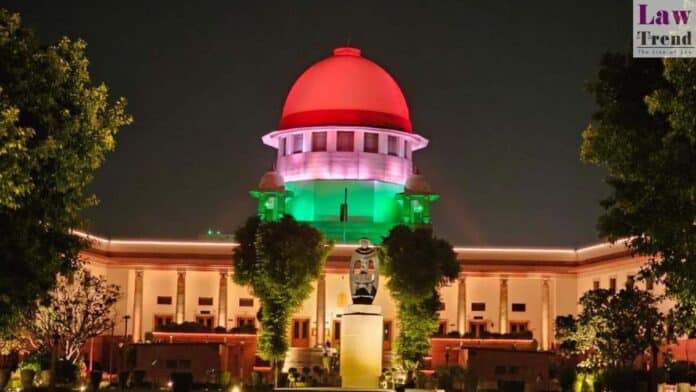A review petition has been filed in the Supreme Court against its recent verdict dismissing a batch of petitions seeking mandatory cross-verification of the votes cast in Electronic Voting Machines (EVMs) with Voter-Verifiable Paper Audit Trail (VVPAT) slips.
The review petition, filed under Article 137 of the Constitution, stated that there are “mistakes and errors apparent on the face of the impugned order” and the judgment is liable to be reviewed.
On April 26, a bench of Justices Sanjiv Khanna and Dipankar Datta said that while it acknowledged the fundamental right of voters to ensure their vote is accurately recorded and counted, the same cannot be equated with the right to 100 per cent counting of VVPAT slips, or a right to physical access to the VVPAT slips, which the voter should be permitted to put in the drop box.
The apex court said that giving physical access to VVPAT slips to voters is “problematic and impractical”, and will lead to misuse, malpractices, and disputes. It rejected the submission to return to the ballot paper system as “foible and unsound”, adding that the weakness of the ballot paper system is well-known and documented.
However, the Supreme Court passed two directions not because it had any doubt, but to only further strengthen the integrity of the election process.
First, all Symbol Loading Units (SLUs) will be sealed on or after May 1 on completion of the symbol loading process and will be kept in the strong room at least for 45 days post declaration of results.
“The candidates or representatives shall sign the seal. The containers containing SLUs shall be kept in strong rooms, along with EVMs, at least for a period of 45 days post-declaration of results. They shall be opened, examined and dealt with as in the case of EVMs,” the top court said.
Second, the burnt memory or microcontroller in 5 per cent of the EVMs per Assembly segment of a parliamentary constituency will be checked and verified by a team of engineers from EVM manufacturers post announcement of results on a written request made by candidates securing second and third-highest votes.
Also Read
“All candidates or their representatives shall have the option to remain present at the time of verification. Such a request should be made within a period of seven days from the date of the declaration of results…The actual cost or expenses for the said verification will be notified by the ECI and the candidates making the said request will make payment of said expenses. Expenses will be refunded in case EVM is found to be tampered” with, the apex court ordered.
It said that the District Election Officer in consultation with the team of engineers will certify the authenticity and intactness of the burnt memory or the microcontroller.




